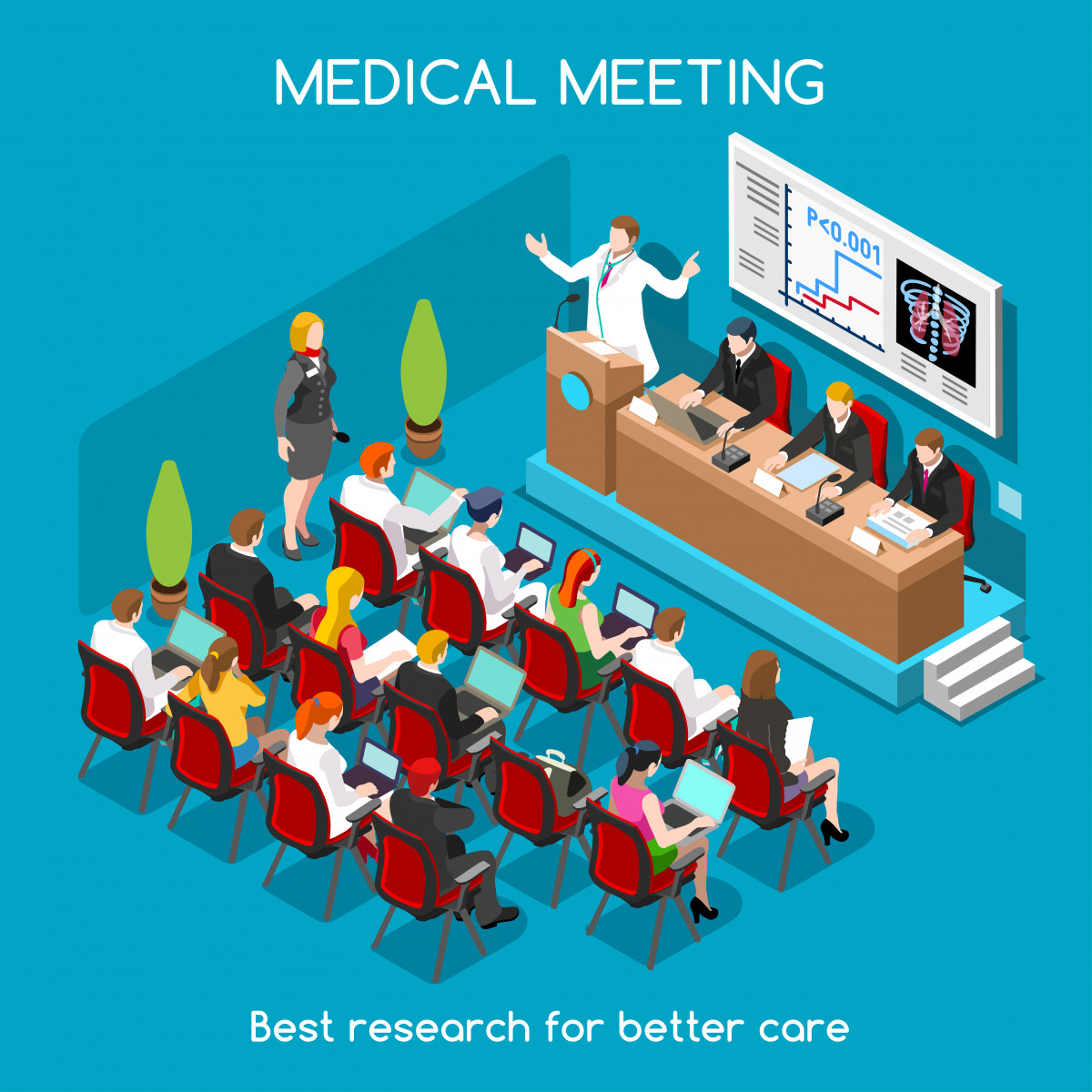Experts Gather for Consortium of Multiple Sclerosis Centers Annual Meeting
Written by |

The latest research in multiple sclerosis (MS), along with the most recent advancements in treatment strategies and comprehensive care, will be presented at the Consortium of Multiple Sclerosis Centers (CMSC) Annual Meeting, which beings today.
Running through June 1 at the Washington State Convention Center in Seattle, the meeting program, which is geared toward MS healthcare professionals, will include opening lectures, panel discussions mediated by experts, and education programs for physicians, physician assistants, nurses, pharmacists, social workers, mental health and rehabilitation professionals.
“This year’s lectures feature some of the leading authorities in MS care and research,’ June Halper, CEO at CMSC, said in a press release.
“The world of MS diagnosis, treatment and care is evolving and attendees at the CMSC Annual Meeting will be immersed in the latest care strategies and research findings that lead to optimal outcomes for patients,” Halper added.
The CMSC Annual Meeting is the only one in North America focusing on healthcare professionals to bring the latest advancements related to MS.
Opening the CMSC meeting will be James D. Bowen, MD, medical director of the Multiple Sclerosis Center at Seattle’s Swedish Neuroscience Institute with a talk titled, “Mountains to Climb: The Cause, Treatment and Care of MS in the Pacific Northwest.” Bowen will discuss the challenges in creating regional systems of MS care in the Pacific Northwest, but also will share cases of success.
On Wednesday, May 29, Bruce D. Trapp, PhD, a lead researcher at the Cleveland Clinic’s Lerner Research Institute, will deliver the John F. Kurtzke Memorial Lecture in a presentation titled “A Novel Subtype of Multiple Sclerosis.”
Trapp and colleagues found a new MS subtype — called myelocortical MS (MCMS) — that is characterized by cortical neuronal loss, but not by loss of myelin in the brain’s white matter, according to a study. In this talk, Trapp will discuss the significance of those findings, and what clinicians need to know about this new MS subtype.
On the next day, May 30, Fred D. Lublin, MD, will deliver the Presidential Lecture on “Use and Abuse of the McDonald Criteria in MS Diagnosis.”
The McDonald Diagnostic criteria, first established in 2001, is distinguished from other guidelines by incorporating clinical evaluation with magnetic resonance imaging (MRI) scans in establishing MS. Recently, however, an international panel of MS experts has proposed revising the McDonald criteria guidelines to improve and expedite the diagnosis of this disease.
Lublin’s presentation will re-visit the background and intent that led to the McDonald Diagnostic criteria, and how it can be applied better in everyday MS care, but also highlight its limitations.
A talk titled “Therapeutic Exploitation of Crosstalk Between the Immune and Nervous Systems,” will be presented Friday, May 31 by Frauke Zipp, MD, as the John Whitaker Memorial Lecture.
Also that day, an educational forum, called “More About MS,” for MS patients and their family and caretakers will take place parallel to the CMSC Annual Meeting.
The meeting includes a vast lecture program, as well as unique educational programs, including clinical courses, platform presentations, roundtable discussions, and workshops for those in charge of the clinical care of MS patients. There also will be poster sessions and other presentations.
Full courses on several topics will be available during the meeting, including: “Fundamentals of MS Care,” and “Current Topics and Trends in MS Rehabilitation;” and timely topics such as “Mental Health Issues in MS and the Role of Pharmacotherapeutics;” “Palliative Care in MS;” “Pediatric MS and the Role of the Environment;” “Future of MS Imaging;” ‘Sexuality and Intimacy in MS;’ and “What is Known about Genetics and the Risk of MS.”


